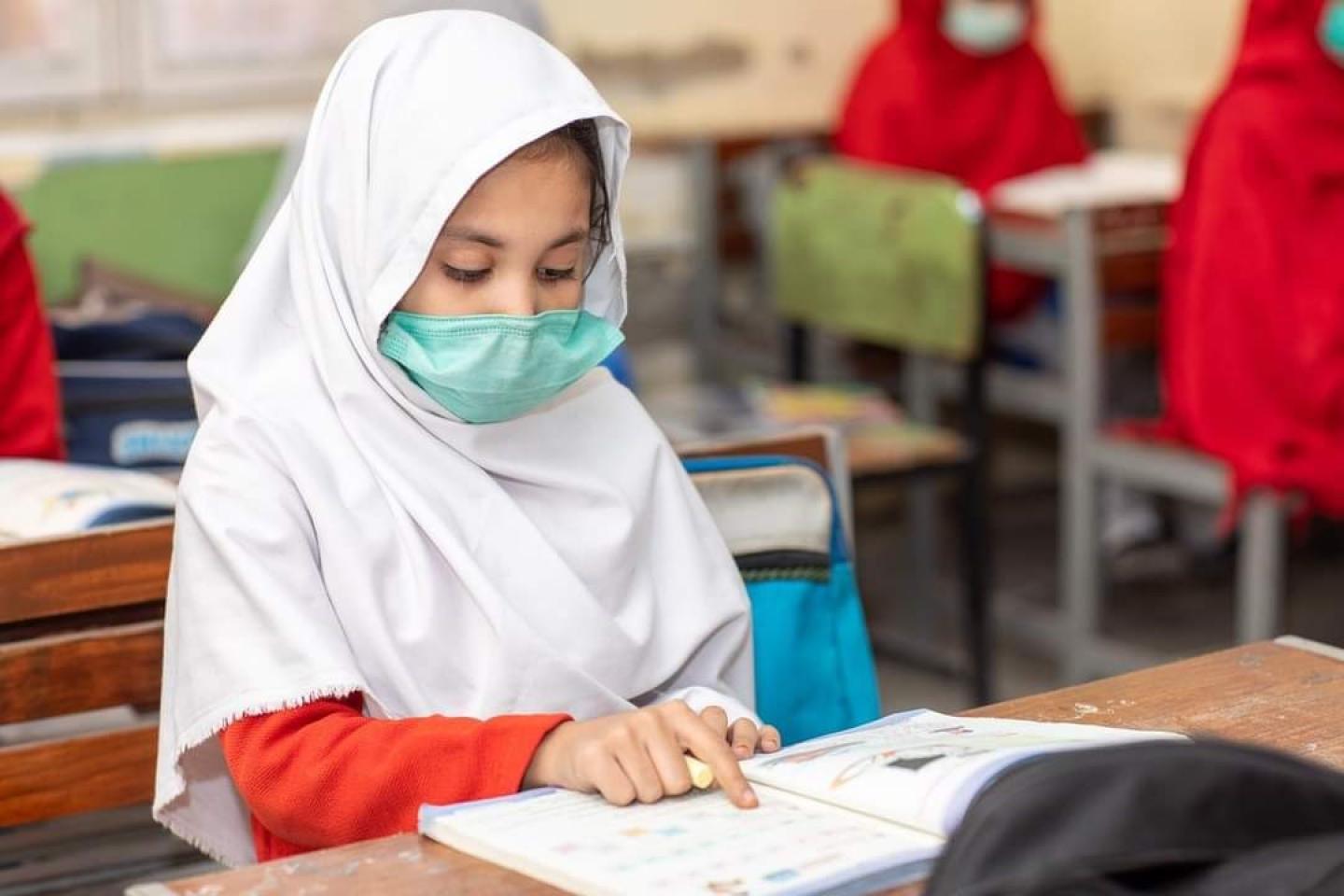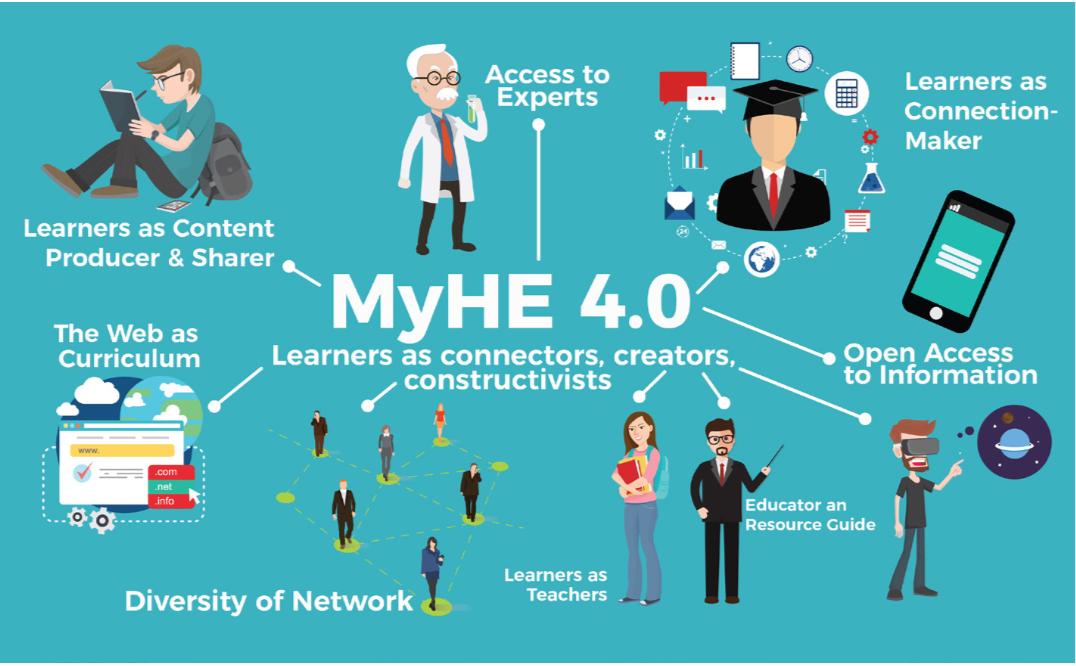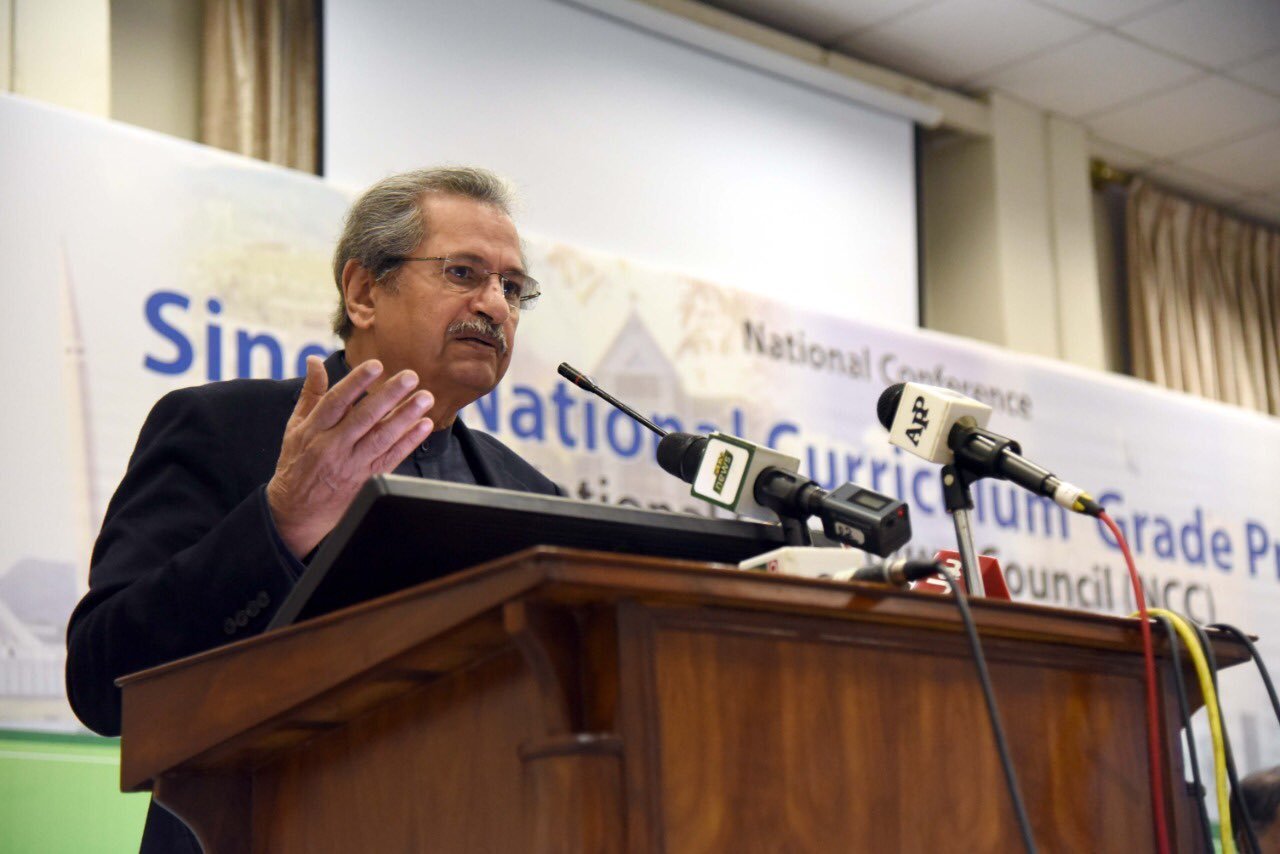The Single National Curriculum (SNC) stands vehemently opposed by a select few as not being ‘the right time’ or being too hastily implemented. However, none of the refutations seemed to have read through the official SNC policies nor what the directive is. It has transparently discussed the construct, carefully outlining the framework and had these panels onboard: All federating units, public sector, private sector, Federal Government Educational Institutions (FGEIs) Cantonments & Garrisons, Deeni Madaris (Madrassahs), Cambridge University UK for English, Maths and Science, LUMS and AKU-IED. The right time to have a unified framework for education for any developing country, in trying to keep up with the world, was decades ago. The next ‘right time’ for us is now.
The three divided systems (public schools, private schools and Madrassahs) in which education is disseminated is a major part of the problem in trying to close the education gap in Pakistan. There is also a great divide on content matter between the three. The lack of a cohesive system has produced widening gaps between learning, thus leading to social inequities. The SNC comes with pros and cons and several questions that are posed by many.
Global policy-makers and strategists are now seeking futuristic goals on a “unified” framework of imparting education. Recently, the World Economic Forum Davos 2021 Agenda discussed Education 4.0 and its benefits. The emphasis was on strengthening foundational skills, reading, mathematics, critical thinking and occupational skills along with digital education for all. Pakistan, however, has been struggling with a few factors which may hinder it becoming part of the great many changes ahead. We are still locked in debates concerning 1) Individual content, as well as the 2) language of delivery. What we should be focusing on is 1) Relevant education and 2) Updating and making accessible technological tools which will soon be the key factor in information dissemination.
The gap in learning and how content is taught not only divides thought processes but transmutes further into decline of societal as well as economic opportunities. Challenges with distance learning during the lockdown periods became more apparent because much of the population was not digitally connected. Another blatantly apparent challenge remains the inconsistency of the content being taught. The current textbooks are out of date and promote rote learning which is impractical in the 21st century. Critical thinking and analysis are often overridden by the outdated syllabus being taught.

The SNC also seeks to improve how education is taught. Teacher training modules and assessment frameworks have been suggested with extensive resources provided in the development of textbooks.
The benefit of quality education in Pakistan has remained with those attending private institutions. Sponsored articles against the SNC are good reads, nonetheless, purported by friends who feel the authorities are “attacking private institutions” personally. The global idea of universal education, learning and the future are not based on one government’s personal ‘vendetta’. It is an idea that was being floated several years ago before the pandemic. The data and research now fielding a unified code of information has much more value than having decentralized information systems. One such system mainly being education.
The global pandemic brought forth to light a few things as it disrupted many industries. A great concern for the children, apart from their health, became education as schools closed for lockdowns. The need for a global curriculum was further highlighted in such a situation that seeks to create interconnected solutions. From climate change, digitization of the economy to handling diseases, ‘We are in it together’ is now the formed vision of the world.
Currently in Pakistan, SNC will be addressing the sensitive years of Pre-Primary and Primary and classes Pre-1 through 5. It will then move onto Secondary phases each year forward. Goals of further enhancement in terms of providing hardware, technology and ease of access should be of concern. Technology will soon be the key factor and here the authorities should be concerning themselves with the rural areas where internet is sparse or not present altogether.
The world now focuses on programs such as Education 4.0 and other enabling tools which will address the fourth Industrial Revolution and the challenges faced by humanity. We must act now to be part of the same global village which has already been formed.

A main factor discussed as a hindrance is language. The content and language of private institutions have varied greatly from public schools and the need to re-structure this particular area is due. Public schools and Madrassahs will benefit with inculcating better English learning tools to be on par with private institutions. Most international forums, panels and businesses have used English as a means of communication for over a century. This is not being classist or elitist, nor is it speaking of leaving behind Urdu as a language. The acquisition of the language for all sectors will be an equalizing factor. Many developing countries have had a successful emergence by implementing both English and the local language. There should be no debate of disbanding or losing one or the other.
When people speak warily of ‘timing’ and ‘implementation’, here the authorities could invest in teacher training and tools that provide a roadmap for schools and educational institutions. Incentivizing assistance could be a form of alleviating financial burdens of re-skilling teachers. We must think now in terms of how to solve the concerns by making it a smoother process to get everybody on board.
The global connectivity and level playing field which the SNC seeks to provide moves us towards a formalized program that will revolutionize education systems in the right direction. For once, let us get everybody onto the same page (pun intended).




